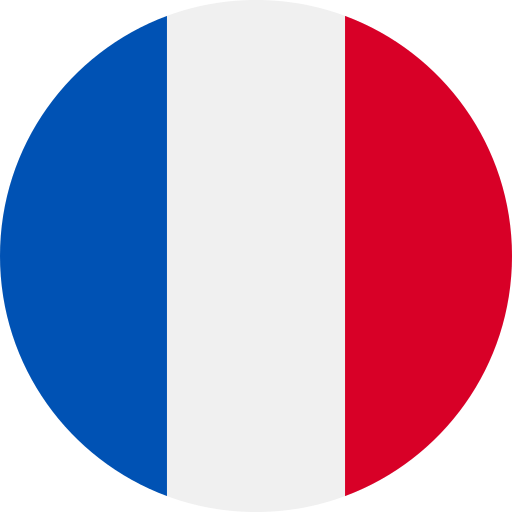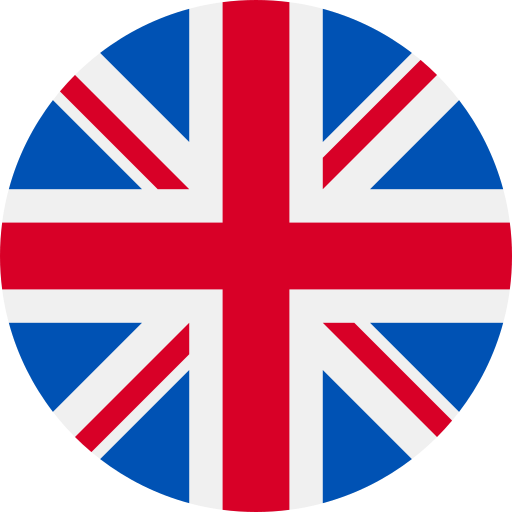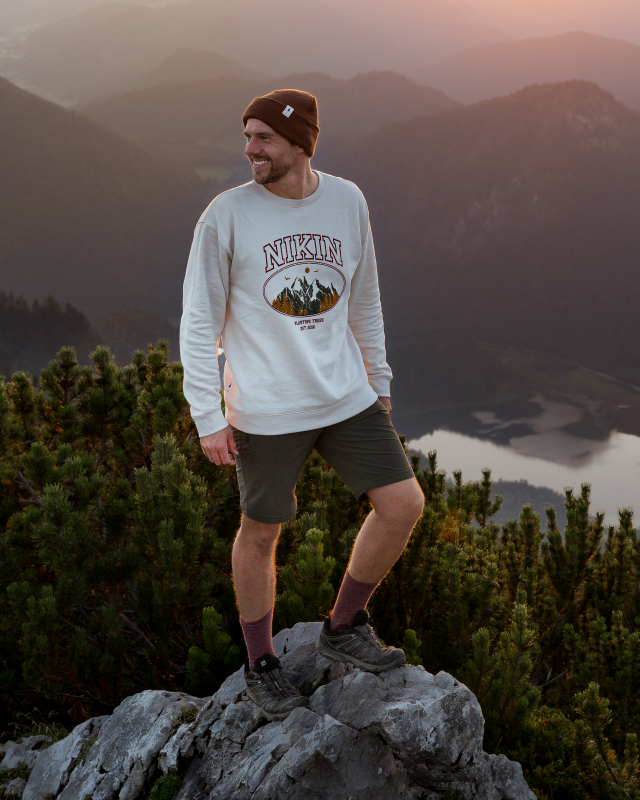NIKIN uses both synthetic and natural fibres in its products. Why did we choose this mix and what are the advantages and disadvantages of the different materials?

Our goal is to find the perfect balance between sustainability and affordability. To achieve this, we are always on the lookout for the most suitable materials for our products. We have high standards for our producers and their fabrics. For example, it is essential for us that the material is vegan. Natural fibres that come from animals, such as sheep's wool, are therefore out of the question for us.
The advantages of synthetic fibres
We use natural materials in our products as often as possible. However, there are products that are not (yet) made from natural fibres and still meet our standards. Our reasons for using synthetic fibres are manifold, some of which we have listed for you:
- Synthetic fibres are durable. We consider it unsustainable to make products from natural fibres that become unwearable after just a few washes. We want our customers to enjoy their products for as long as possible.
- Synthetic fibres are warmer than cotton, for example. Our Treeanies are made of synthetic fibres - apart from the recycled version. One of the reasons for this is that a winter hat has to keep the ears warm, which synthetic fibres can do much better than cotton, for example.
- We have made various tests with natural fibres. However, some products only meet our quality requirements if we make them from synthetic fibres. A product that is made of natural materials but does not have the desired quality will not be included in our range.
- It is very important to us that our products are produced in Europe. However, many European manufacturers are still trapped in outdated ways of thinking. Sustainability is less important to them. Therefore, it is even more difficult for us to find a producer who makes high-quality, affordable products from natural fibres in Europe.
- Synthetic fibres can be dyed with little effort. This gives us more flexibility when it comes to our stock levels. This is one of our measures to minimise overstocking. We don't think it's sustainable to produce in large quantities and then let products gather dust in the warehouse.
Co-founder and head of the product team Robin explains in the video what our Treeanies are made of and what demands he and his team have on materials.
Where does our path lead?
Our product team is constantly on the lookout for even better solutions. They also stay on the ball when it comes to sustainable, affordable and natural materials. The textile industry is one of the dirtiest businesses in the world. It is therefore incredibly difficult to find sustainable and European manufacturers for our products. Robin and his team are not giving up though. They want to make the products even more sustainable and even more natural - and always in such a way that they remain affordable.
What can you contribute?
You decide for yourself which definition of sustainability you want to apply. Is durability particularly important to you? Do you not want synthetic fibers in your products? Do you value European production sites? Everyone can interpret sustainability differently. But what we would like to suggest to you: NIKIN is not about the individual Tree, but about the big movement. We are trying to get as many people as possible to think differently. We are sure that together we can have a big effect and give something back to nature.
Washing synthetic fibres
Garments with synthetic fibers release microplastics into the water with every wash. So if you wash synthetic products, we recommend the Guppyfriend. It filters out microplastics. Make sure you don't wash your products too often or too hot. It is often enough to air out the product.




















